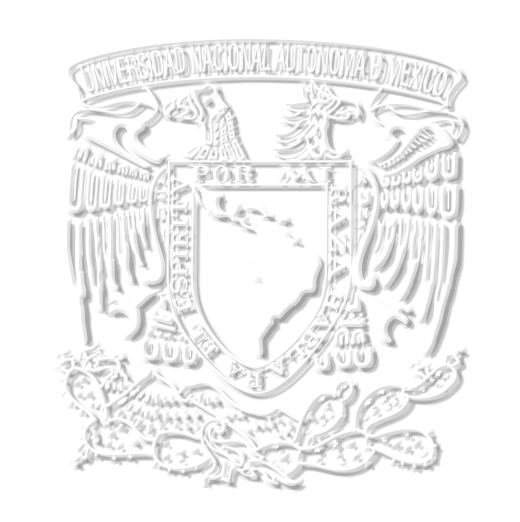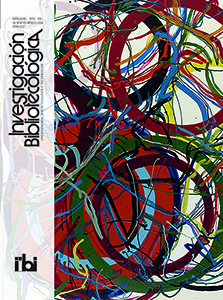Abstract
This study aims to identify contributions of record management for the knowledge management process. Such an approach is limited to those practices of knowledge management developed from the administrative information contained in records produced by the organization itself. Thus, the discussion is how this information can be reused in order to develop organizational knowledge. The method utilized begins with a bibliographical survey, limiting the selection of books to those related to administration and archival science, and recurs to knowledge management as guiding category. Collected data are analyzed through administration, archival science and knowledge management. The discussion is based on deductive logic, and after this reflection a nonsystematic revision is obtained, that weaves interdisciplinary links to tackle such convergence. This way, the organization can extract reliable information through its records, in order to contribute to the decision-making process, besides fostering innovation and developing competitive advantage. It is assumed that the reutilization of the information contained in the archives allows employees to rationalize activities for administrating efficiency. Consequently, the synergy produced by these activities adds up organizational value.
Authors:
- They must sent the publication authorization letter to Investigación Bibliotecológica: archivonomía, bibliotecología e información.
- They can share the submission with the scientific community in the following ways:
- As teaching support material
- As the basis for lectures in academic conferences
- Self-archiving in academic repositories.
- Dissemination in academic networks.
- Posting to author’s blogs and personal websites
These allowances shall remain in effect as long as the conditions of use of the contents of the journal are duly observed pursuant to the Creative Commons:Attribution-NonCommercial-NoDerivatives 4.0 license that it holds. DOI links for download the full text of published papers are provided for the last three uses.
Self-archiving policy
For self-archiving, authors must comply with the following
a) Acknowledge the copyright held by the journal Investigación Bibliotecológica: archivonomía, bibliotecología e información.
b) Establish a link to the original version of the paper on the journal page, using, for example, the DOI.
c) Disseminate the final version published in the journal.
Licensing of contents
The journal Investigación Bibliotecológica: archivonomía, bibliotecología e información allows access and use of its contents pursuant to the Creative Commons license: Attribution- Non-commercial-NoDerivatives 4.0.

Investigación Bibliotecológica: archivonomía, bibliotecología e información by Universidad Nacional Autónoma de México is licensed under a Creative Commons Attribution-NonCommercial-NoDerivatives 4.0 Internacional License.
Creado a partir de la obra en http://rev-ib.unam.mx/ib.
This means that contents can only be read and shared as long as the authorship of the work is acknowledged and cited. The work shall not be exploited for commercial ends nor shall it been modified.
Limitation of liability
The journal is not liable for academic fraud or plagiarism committed by authors, nor for the intellectual criteria they employ. Similarly, the journal shall not be liable for the services offered through third party hyperlinks contained in papers submitted by authors.
In support of this position, the journal provides the Author’s Duties notice at the following link: Responsibilities of authors.
The director or editor of the journal shall notify authors in the event it migrates the contents of the journal’s official website to a distinct IP or domain.








